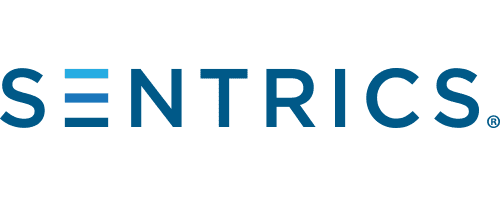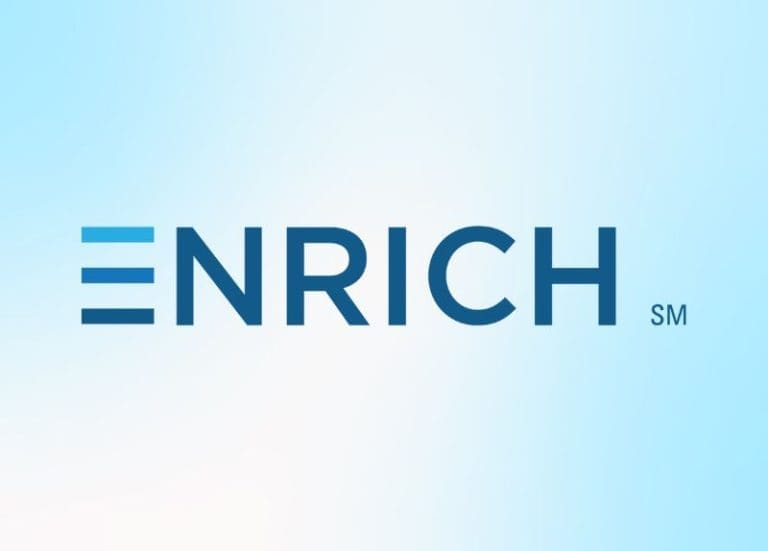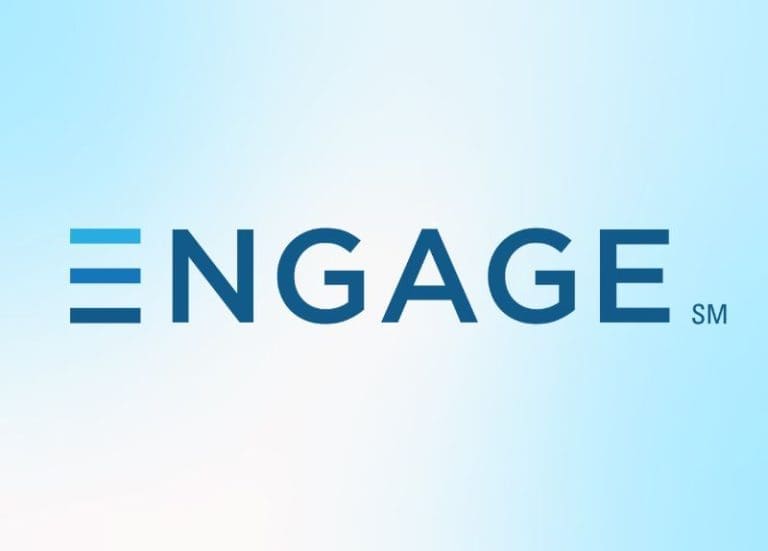Today’s long-term care settings are experiencing a mental health crisis.
In a new study published in the American Academy of Pain Medicine, approximately 75% of long-term care residents have a mental health diagnosis. Anxiety disorders, depression, and dementia are the most common diagnoses. While mental health issues have always existed in senior living, many believe the COVID-19 pandemic exacerbated them by increasing feelings of social isolation and loneliness.
Almost one-fourth of adults in the United States feel socially isolated and are more likely to develop dementia over the coming decade, according to a study in the Journal of the American Geriatrics Society. Cognitive activity and cognitive reserve may also be reduced when there is a lack of social engagement. Isolation can also prevent a person from benefiting from social support, such as information sharing, care coordination, and access to healthcare. Long-term care settings, whether residential or community-based, need to be better equipped to deal with the escalation of mental health disorders among older adults.
The administration’s plan
The current Biden-Harris administration’s plan for long-term care calls for the transformation of our mental health and crisis care systems. A key component of that plan is to provide holistic and equitable care to all aspects of long-term care. Currently long-term care workers are unable to identify, assess, and treat mental health disorders, which is a major barrier to offering this type of care. Behavioral health specialists are rare among long-term care staff. Registered nurses, licensed practical nurses and direct care givers manage the care of individuals with multiple medical co-morbidities, but often do not receive specialized training in behavioral health.
Aside from educating your staff and hiring mental health specialists, technology can be a helpful tool for improving the mental health and engagement of your community’s residents. Through technology, communities can not only improve resident satisfaction and care delivery, but also save money and increase work efficiency.
Now is a great time to rethink how your community wants to engage their residents to help combat loneliness and social isolation. Engaging your residents anywhere in your community is possible with a resident-centered engagement platform, which focuses on personalized engagement. By doing so, you create a resident who is engaged with your community, its activities, your staff, as well as other residents. Replacing those feelings of isolation and loneliness with satisfaction helps your residents stay healthier for longer.
Finding the right solution
When looking for a new engagement solution, consider the right features. Your engagement solution must include these features:
- Activity management to deliver personal and small-group events that drive true vitality
- Easy access to dining, weather activities, personal exercise, faith programming and repairs to offload stretched and temporary staff
- Engagement options that work for any of your residents regardless of physical or technical ability
- Scientifically choreographed music to change moods
- Senior-safe exercises available over the TV
- Family apps that provide transparency
- On-The-Go Communication
- Digital Signage that is interactive that residents can view at their own pace anywhere in your community
- An easy to learn content management system for staff update the platform
A good engagement platform will not only engage your residents and improve their mental health, but also improve your staff’s workflow. Making sure your overburdened staff has access to the community information they need. Which maximizes your return on investment in your staff and your technology. In addition to gaining the trust and confidence of your residents and their families, these new engagement solutions provide a satisfied resident experience through the continuum of care. Furthermore, this technology will automate simple tasks and streamline workflows to help you reduce staff burden and turnover. All of this allows your community to differentiate yourself from the competition by providing a seamless resident experience.




